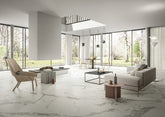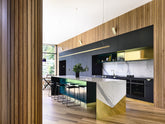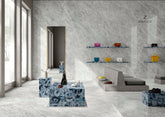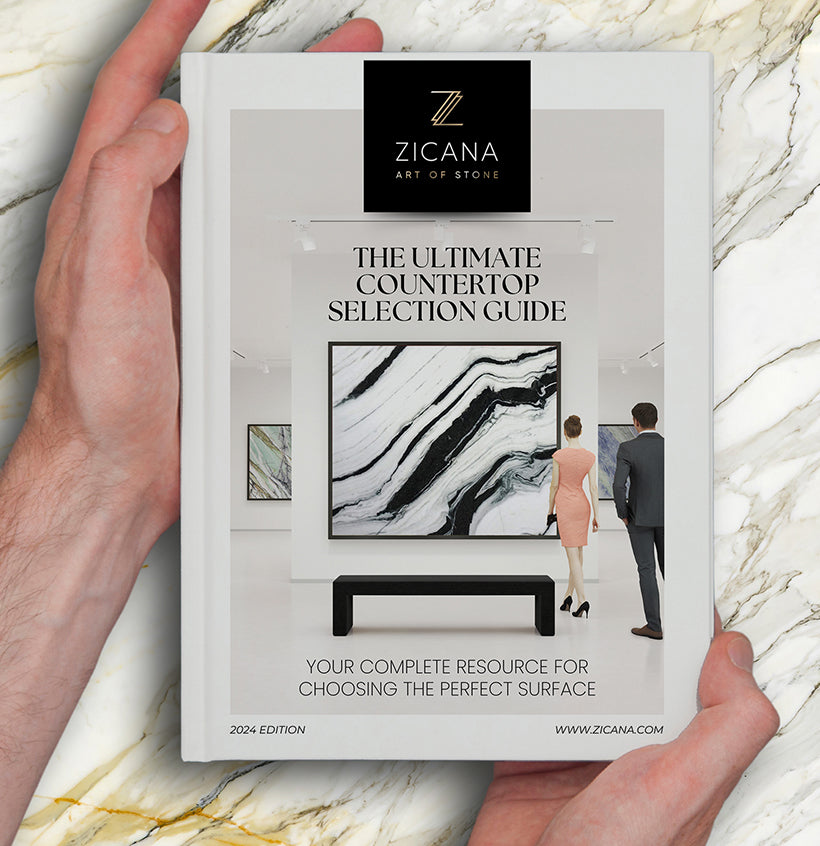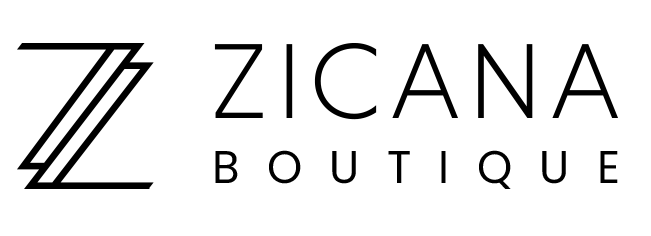Dekton vs Corian: Identifying the Right Surface for Luxury Interiors
When it comes to high-performance surfaces for kitchen countertops, bathroom vanities, wall panels, and even outdoor applications, many discerning homeowners and design professionals find themselves comparing Dekton vs Corian. Both are premium surface materials, but they differ significantly in composition, performance, aesthetics, and long-term value. At Zicana Boutique, where luxury meets functionality, we understand the importance of selecting the perfect surface—not just for today, but for decades to come.
Below, we dive deep into how Dekton and Corian perform across key categories like durability, appearance, installation, and sustainability to help you make an informed decision based on your project’s unique requirements.
What Is Dekton?
Dekton is a high-tech, ultra-compact surface made by sintering raw materials including quartz, porcelain, and glass under extreme heat and pressure. The result is a virtually indestructible, non-porous surface resistant to scratches, UV light, heat, and stains. It’s a part of the broader Sintered Stone Slabs Collection at Zicana Boutique.
Its remarkable properties have made it an ideal choice for countertops, flooring, walls, facades, and even high-traffic commercial installations. Design lovers appreciate Dekton’s ability to mimic natural stone surfaces like marble and granite while maintaining the integrity of modern performance standards.
What Is Corian?
Corian is a solid surface material originally developed by DuPont. Composed primarily of acrylic polymer and alumina trihydrate, Corian offers a soft, matte appearance with seamless integration for countertops, sinks, and backsplashes. Though versatile and hygienic, it is generally softer and more prone to scratching and heat damage than sintered options like Dekton.
Corian appeals to minimalists or commercial designers who prioritize seamless, uniform finishes. While innovative when introduced, it now competes with advanced materials offering greater resilience and natural aesthetic appeal.
Performance Comparison: Dekton vs Corian
Let’s evaluate Dekton vs Corian through essential performance metrics:
- Durability: Dekton’s extreme density and composition make it more durable. It resists abrasion, heat, and stains, whereas Corian can scratch more easily and may warp near extended heat exposure.
- Heat Resistance: Dekton can withstand high temperatures directly—you can place hot pans straight on it. Corian, by contrast, is sensitive to heat and can show damage from hot kitchenware.
- Scratch Resistance: Dekton scores higher on the Mohs hardness scale, making it ideal for kitchens that see heavy use. Corian, although repairable, scratches more easily.
- UV Stability: Dekton is UV-stable and suitable for outdoor applications, unlike Corian, which may discolor under prolonged sun exposure.
- Porosity: Both materials are non-porous and antimicrobial, making them hygienic choices. However, Dekton's low water absorption offers an edge in moisture-prone spaces.
Visual Appeal and Style Options
Modern surface materials must marry function with form. Dekton offers an extensive palette of colors and finishes that emulate marble slabs, wood grains, and even industrial cements. Its ability to reproduce the look of natural stone makes it an excellent fit within luxury installations where design is paramount.
Corian’s softer, more uniform colors give it a clean and minimal look, but it lacks the bold veining and realism found in Dekton or even engineered quartz options like those in our Spectrum Quartz Collection.
For those seeking bespoke solutions, Zicana Boutique also offers Made-to-Measure Custom Countertops tailored to your precise aesthetic and functional needs.
Installation, Maintenance, and Cost
Both Dekton and Corian require professional installation for optimal results. Dekton’s hardness makes it more challenging to cut, necessitating specialized tools—but it pays off in longevity. Corian is lighter and easier to fabricate, which may benefit projects with custom edge profiling or intricate shapes.
Maintenance-wise, both are low maintenance, requiring simple soap-and-water cleaning. Corian may require periodic buffing to remove surface scratches, whereas Dekton’s durable finish resists visible wear.
On the cost spectrum, initial prices for Dekton may be higher—but frequently yield better long-term value due to extraordinary durability. For an unparalleled opportunity to invest in luxury with savings, don’t miss our curated Exclusive Offers Collection and Use Promo Code WELCOME100 for $100 off any order over $1,000.
Sustainability and Environmental Considerations
Environmental stewardship is top of mind for many modern homeowners and designers. Dekton is created using a carbon-neutral manufacturing process, positioning it as one of the most environmentally friendly stone surfaces available. It also earns points for longevity and zero volatile organic compounds (VOCs).
Corian, while recyclable and certified for indoor air quality, involves petrochemical ingredients and may not meet the same sustainability benchmarks as newer sintered options.
Who Should Choose Dekton? Who Should Choose Corian?
- Choose Dekton if you want ultra-durability, exquisite aesthetics that mimic natural stone, or need a UV-resistant surface for outdoor kitchens or commercial façades.
- Choose Corian if you prioritize a seamless, integrated solid surface for interiors and are working with milder wear-and-tear environments like residential bathrooms or office counters.
For clients seeking both beauty and resilience across indoor or exterior applications, Dekton is often the superior long-term investment. To explore premium Dekton and sintered stone options backed by concierge-level service, browse our full Sintered Stone Slabs Collection.
Frequently Asked Questions
Is Dekton more expensive than Corian?
Yes, Dekton typically carries a higher upfront cost due to its production process and superior durability. However, many architects and designers view Dekton as a cost-effective solution in the long run, thanks to its longevity and resistance to wear.
Can Dekton and Corian be used for outdoor countertops?
Dekton is an excellent choice for outdoor kitchens and BBQ spaces because it is UV-resistant, weatherproof, and non-porous. Corian is not recommended for prolonged outdoor use as it may fade or degrade under sunlight and environmental exposure.
Is Dekton or Corian better for heat resistance?
Dekton outperforms Corian in heat resistance. Hot pots and pans can be safely placed directly on Dekton, while Corian requires trivets to avoid potential heat damage or discoloration.
Can I pair Dekton with other natural stones?
Absolutely. Dekton pairs beautifully with natural materials like Quartzite Slabs or Onyx Slabs to create dynamic, multi-textural spaces. Our design consultants can help you curate a timeless palette suitable for upscale residential or commercial applications.
Final Thoughts: Invest in Timeless Surfaces that Perform
Both Dekton and Corian have their strengths. Corian is lightweight, flexible, and seamless—ideal for forgiving budgets or softer-use environments. But for homeowners and interior professionals seeking elevated elegance fused with industrial-level performance, Dekton delivers unmatched value, endurance, and aesthetic precision.
To explore the finest curated stone offerings available today, begin with our Exclusive Offers Collection. Don’t forget to Use Promo Code WELCOME100 for $100 off any order over $1,000. Your dream surface awaits—crafted to inspire, designed to endure.




